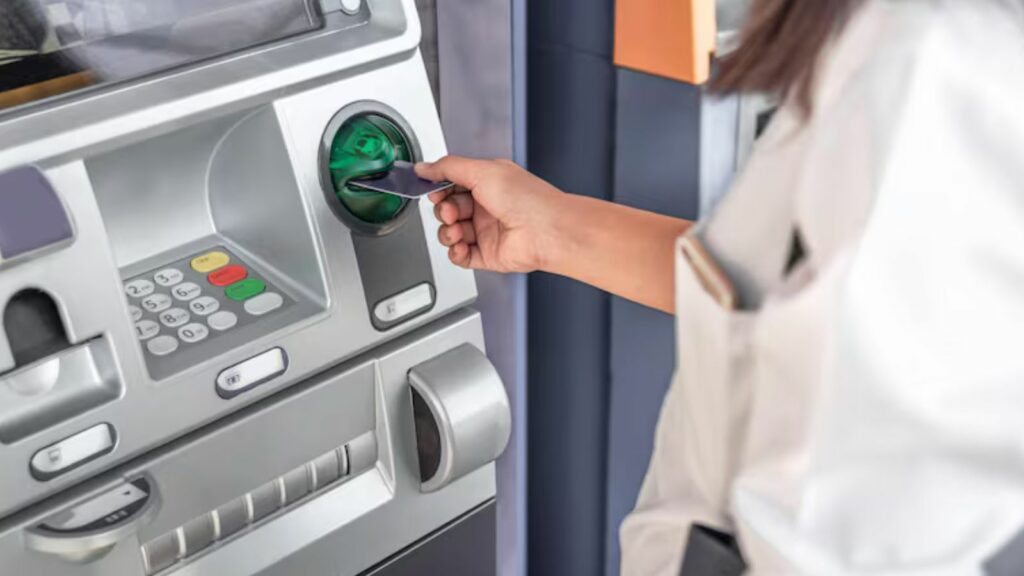Filling up your tank in Canada is already expensive, but many drivers don’t realize that hidden fees at the pump can quietly eat away at their wallets. From extra charges for credit card use to sneaky convenience store markups, gas stations often add costs that aren’t obvious at first glance. Drivers have reported that certain gas stations across Canada have surprising hidden fees that you’ll want to watch out for. Here are 23 gas stations in Canada with surprising hidden fees:
Petro-Canada – Credit Card Premiums
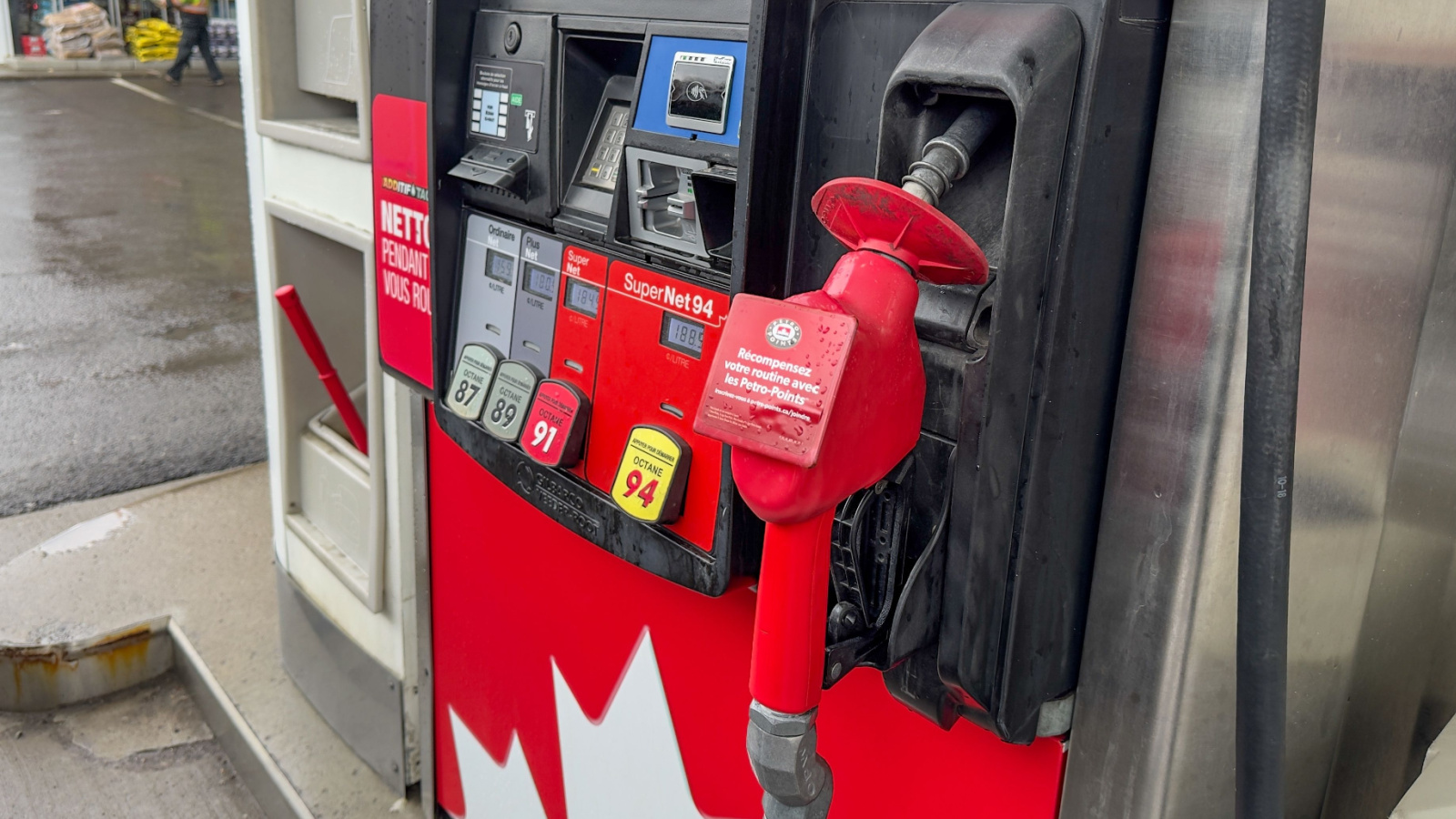
Petro-Canada is one of Canada’s largest fuel retailers, but some customers have noticed that paying with credit can quietly cost more. Depending on the station, you might see a few cents per liter added to your bill, which quickly adds up during a full tank. While it’s legal for stations to offset transaction fees, many customers don’t realize the difference until they compare their receipt to the posted sign. The company promotes its Petro-Points program, but without using rewards strategically, drivers can still end up paying more than expected at the pump.
Esso – Pay-at-the-Pump Authorizations
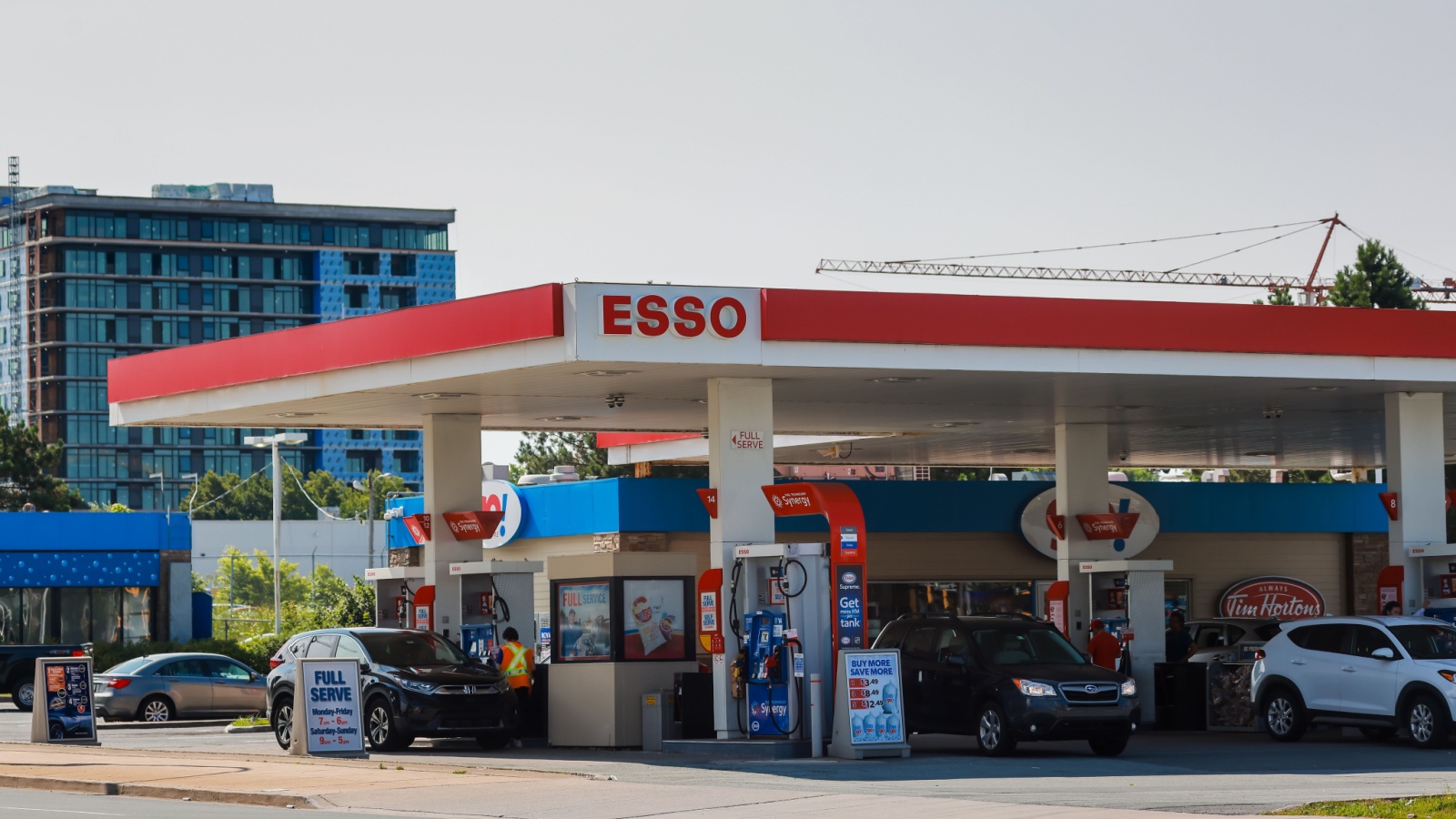
Esso’s pay-at-the-pump machines are convenient, but many customers have complained about the large pre-authorization charges placed on their debit or credit cards. While the final transaction usually adjusts, these temporary holds can tie up hundreds of dollars in your account for days. For people living paycheck-to-paycheck, that’s a frustrating surprise. While Esso explains that it’s a banking system issue rather than a direct fee, the effect is the same, leaving less access to your own money. This hidden “hold” catches many drivers off guard, especially when traveling or fueling up multiple times in a week.
Shell – Car Wash Bundle Pricing

Shell often bundles car washes with gas discounts, but the math doesn’t always work out in your favor. Many stations advertise a few cents off per liter when you purchase a wash, but the car wash price is usually marked up higher than standalone competitors. The end result is that you’re paying more overall for the discounted gas. Customers drawn in by the savings end up overspending without realizing it. Still, unless you’re already planning to buy a wash, these bundles can turn into an expensive trap disguised as a deal, eating away at your budget.
Costco Gas – Membership Fees
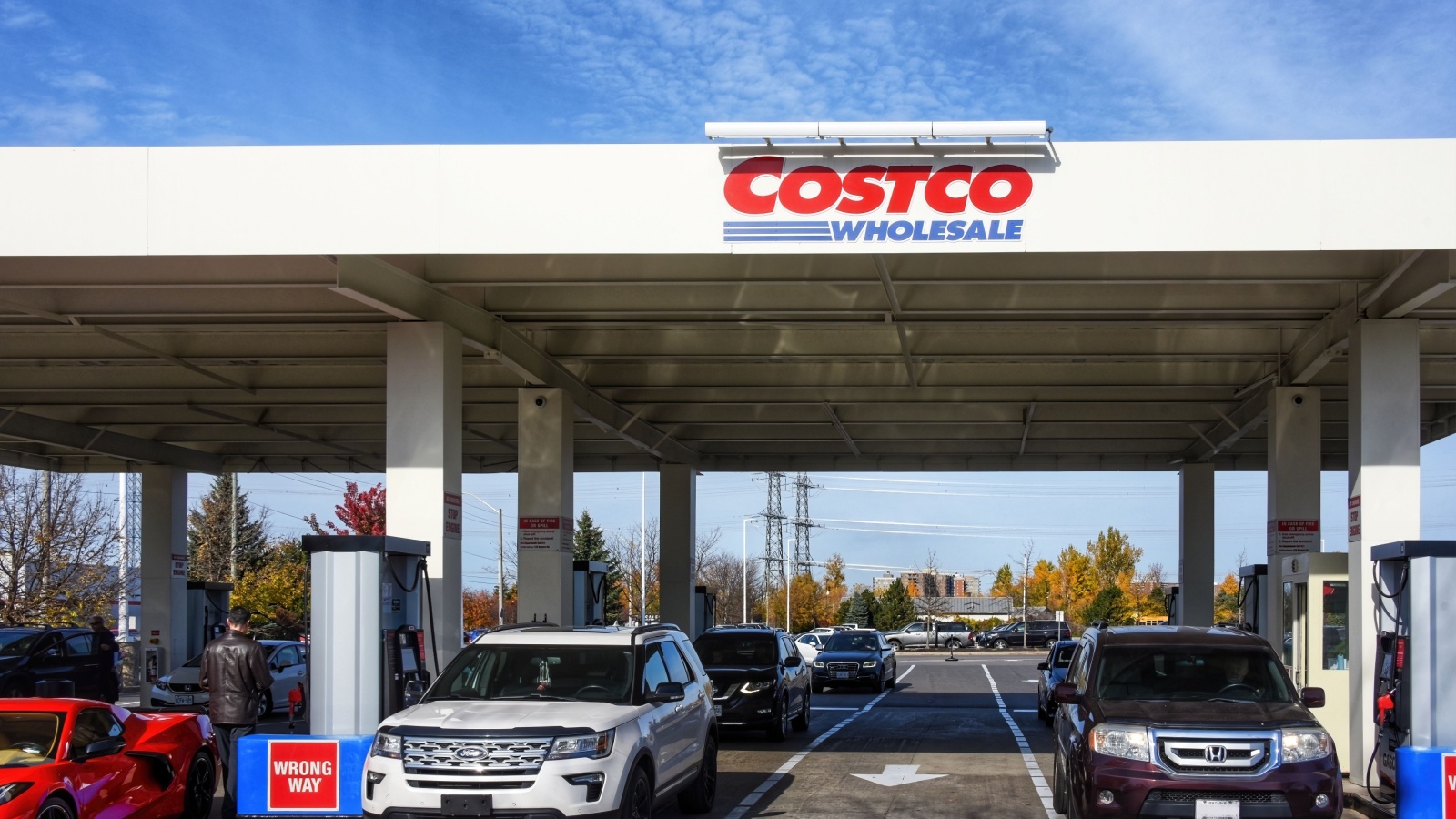
Costco Gas is known for some of the lowest pump prices in Canada, but the hidden cost is the mandatory membership fee. At $60 or more annually, drivers who don’t shop regularly at Costco may not actually save money after factoring in the membership. It feels like a hidden fee because you can’t access the lower gas prices without paying upfront. For large families or frequent Costco shoppers, the savings can still add up, but for occasional drivers, the yearly membership quietly offsets much of the gas station’s value and can leave you overspending.
Canadian Tire Gas+ – Triangle Rewards Restrictions
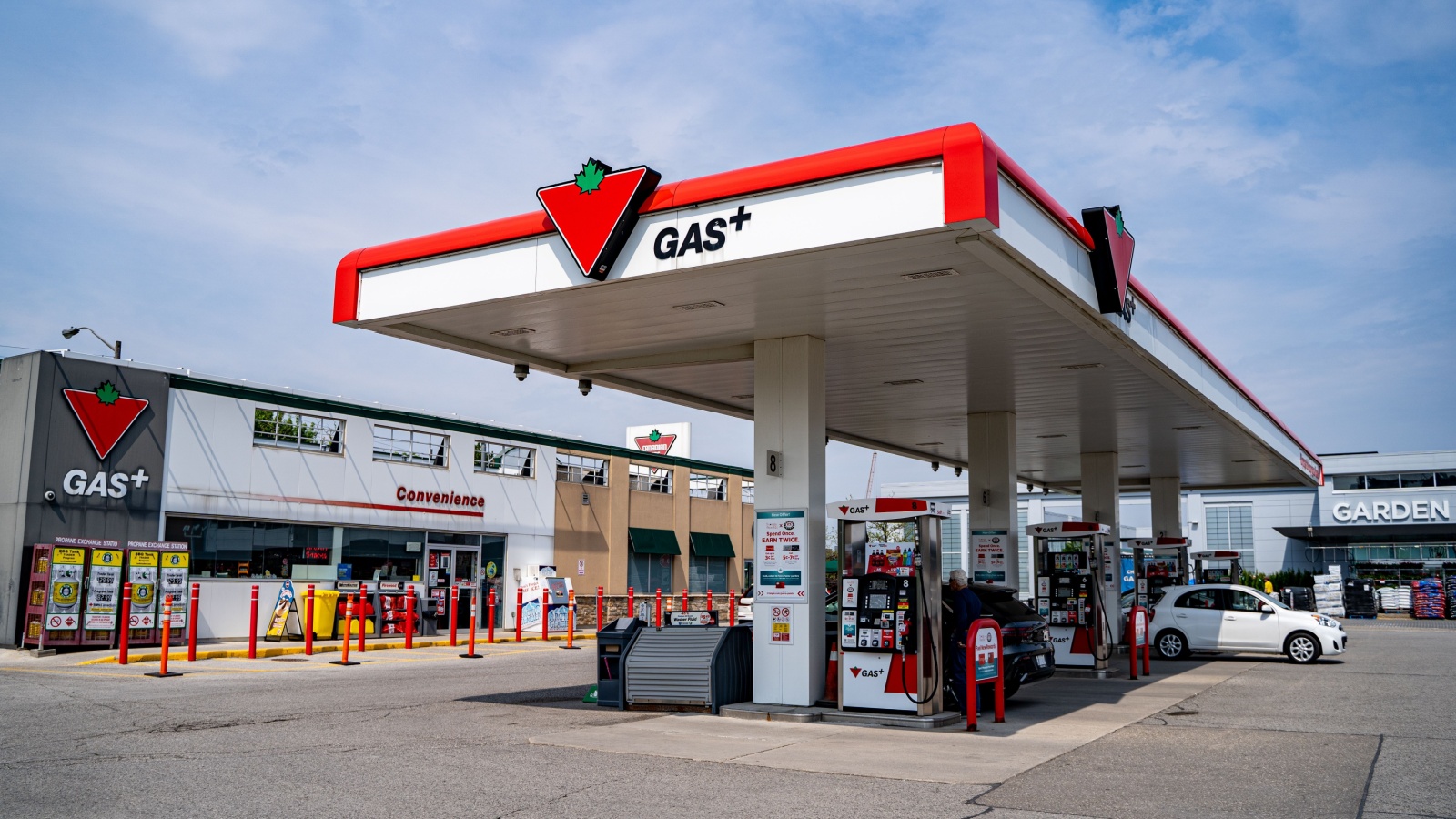
Canadian Tire Gas+ promotes its Triangle Rewards program as a way to earn on fuel purchases. But the fine print reveals restrictions that limit real savings. For example, not all stations give the same percentage back, and some purchases like gift cards or propane refills don’t qualify at all. To cash in rewards, you’re often pushed to spend more in-store. While it’s marketed as free perks, customers who don’t track carefully may find themselves overpaying or spending unnecessarily to unlock rewards. These limitations act like hidden fees, chipping away at the true value of your fill-up.
Husky – Premium Gas Push
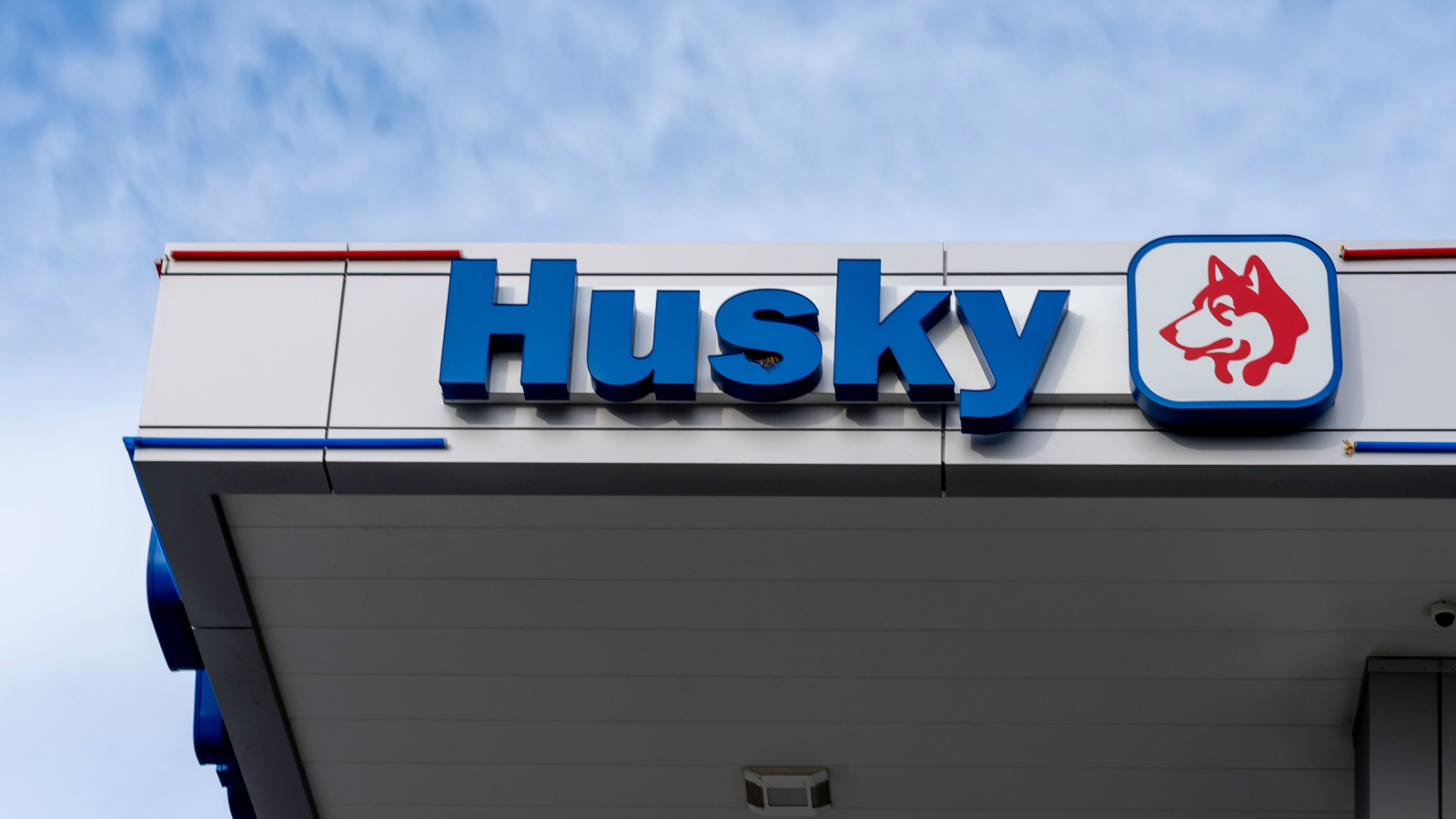
Husky stations frequently promote premium gas through loyalty programs, offering more points per liter on higher-octane fuel. But most vehicles on the road today don’t require premium gas, making the bonus points feel like a trap. Drivers lured into buying the pricier option end up spending significantly more without a real performance benefit, and over the course of a year, the difference adds up to hundreds of dollars. This subtle upselling tactic isn’t illegal, but it effectively works as a hidden fee for anyone who buys into the idea that premium is automatically better for their car.
Irving Oil – Rural Location Markups
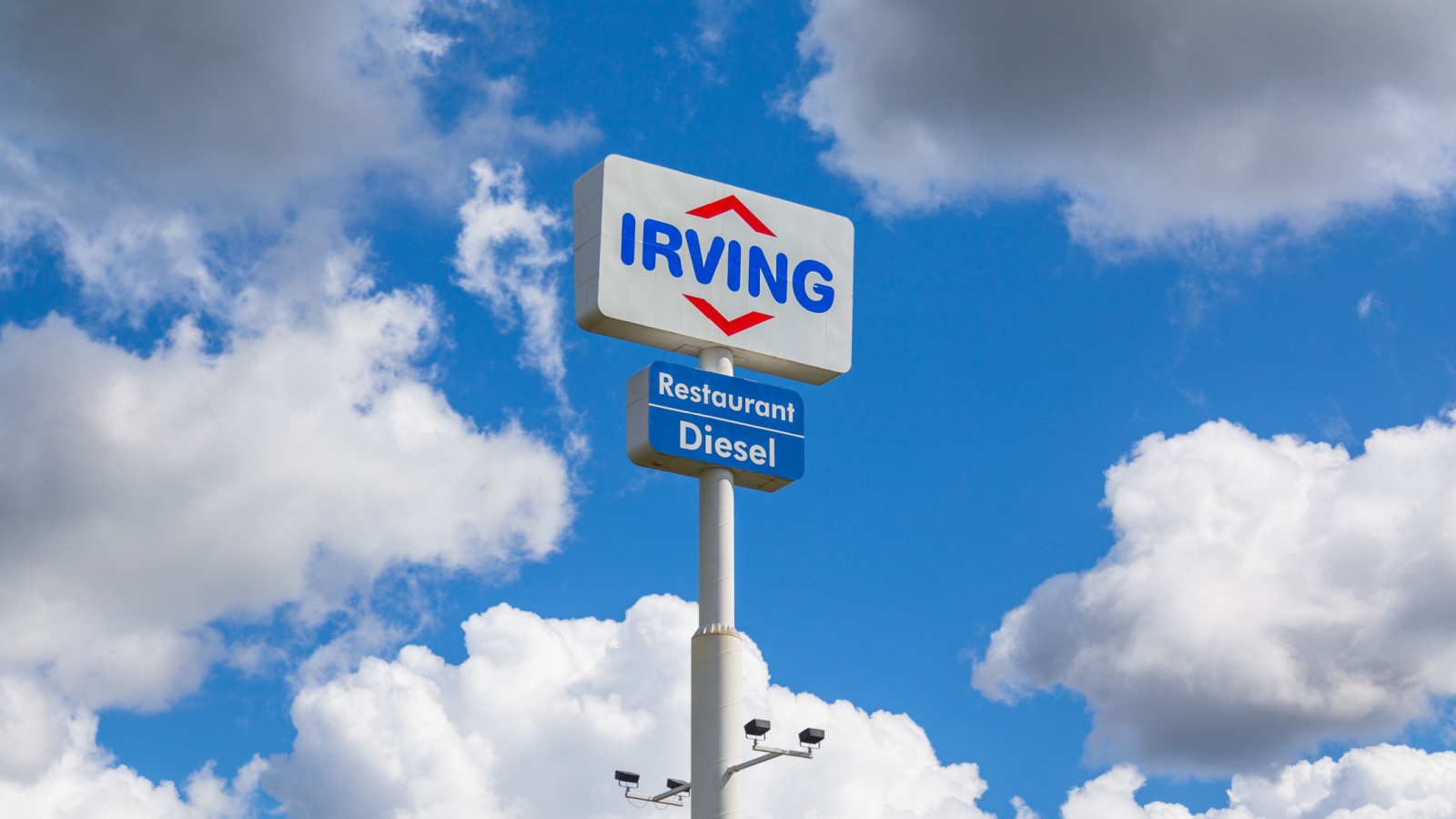
In Atlantic Canada, Irving Oil often dominates smaller communities, leaving drivers with few alternatives. In these areas, stations sometimes charge higher per-liter rates than in nearby urban centers, taking advantage of limited competition. For locals, it feels like a hidden fee for living outside major cities. While transportation costs explain part of the price difference, the lack of choice means drivers pay more without realizing how much of it is markup. Rural Canadians already face higher living expenses, and Irving’s quiet markups at remote gas stations only add to the frustration.
Ultramar – Debit Minimums
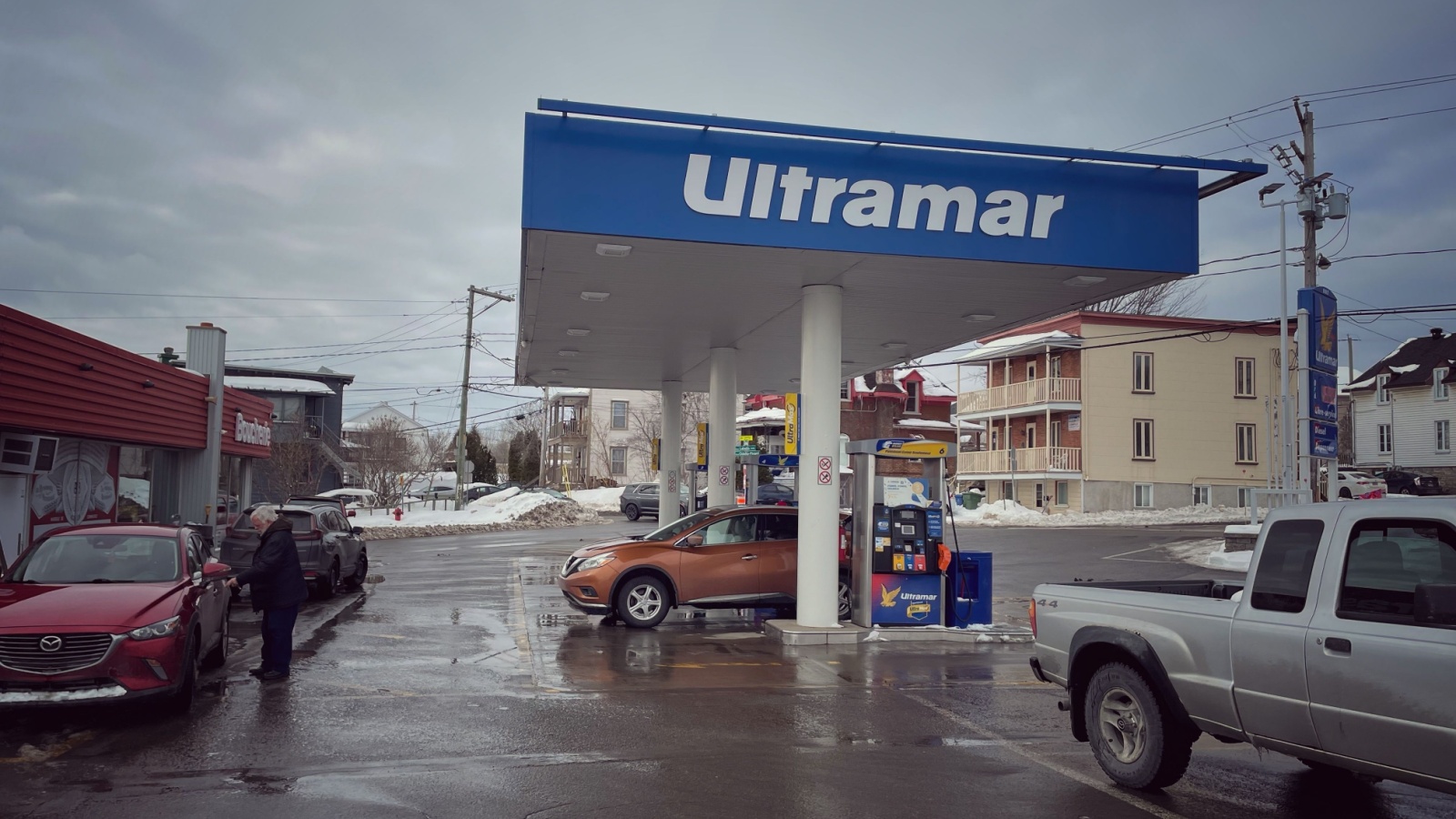
Ultramar stations have been reported to impose minimum purchase amounts for debit card transactions, especially at smaller outlets. While not widely advertised, this practice forces customers to either buy more fuel than planned or add a convenience store item just to meet the threshold. These forced add-ons essentially act as hidden fees, driving up the cost of your visit. Many customers only discover this after swiping their card, leaving them no choice but to comply. It’s a frustrating tactic that quietly inflates spending while making the station appear cheaper on posted fuel prices.
Pioneer – Prepaid-Only Pumps
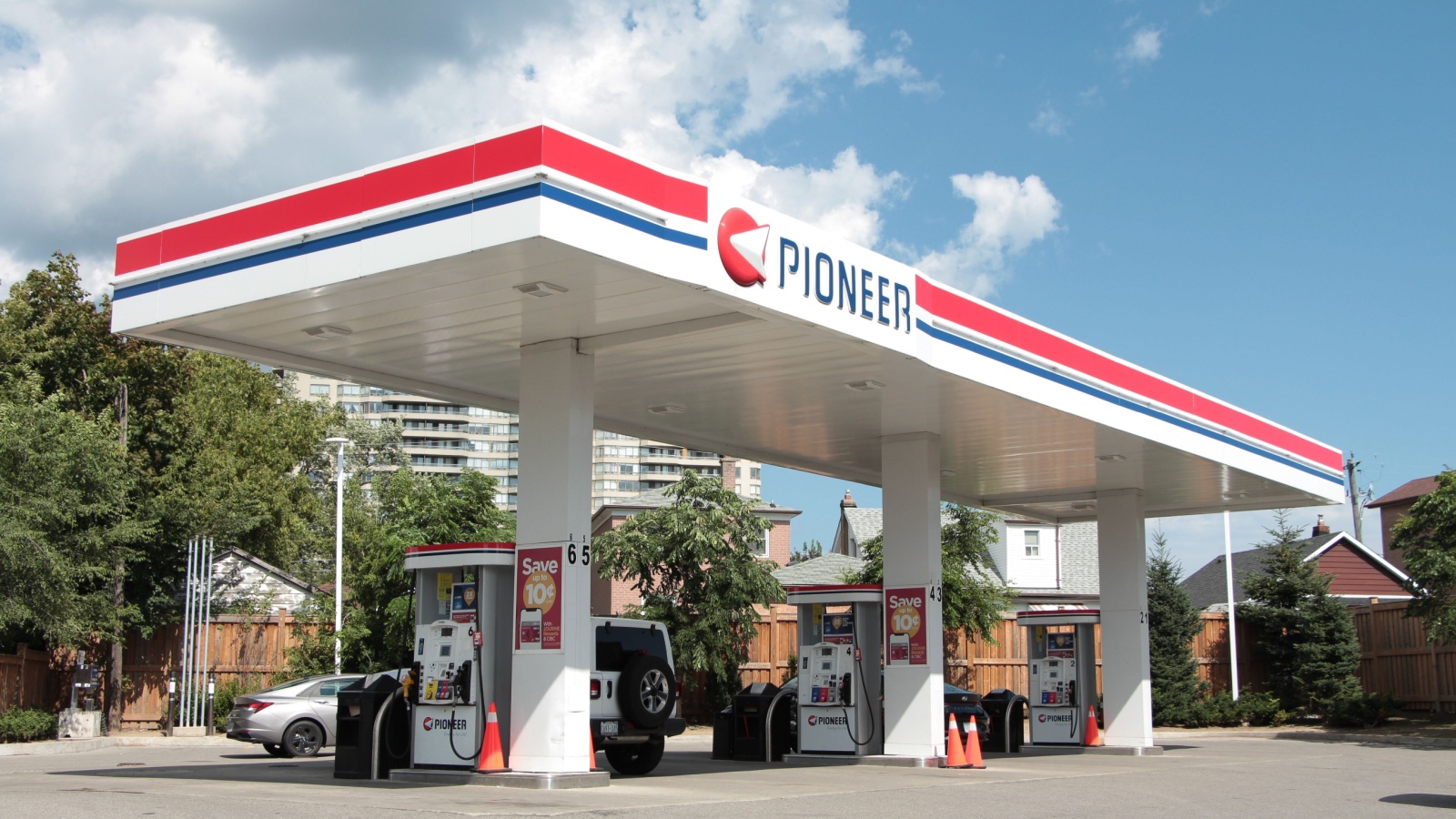
Some Pioneer stations, especially in urban areas, have shifted to prepaid-only systems. While this is meant to reduce drive-offs, it creates a subtle hidden cost for customers. If you prepay more than your tank can hold, you’re often given store credit instead of a cash refund. This pushes customers to buy snacks or items they didn’t plan on, turning fuel stops into overspending moments. The setup looks like a safety measure, but for customers, it feels like a hidden fee in the form of forced extra purchases.
Fas Gas – Rural Premium Pricing
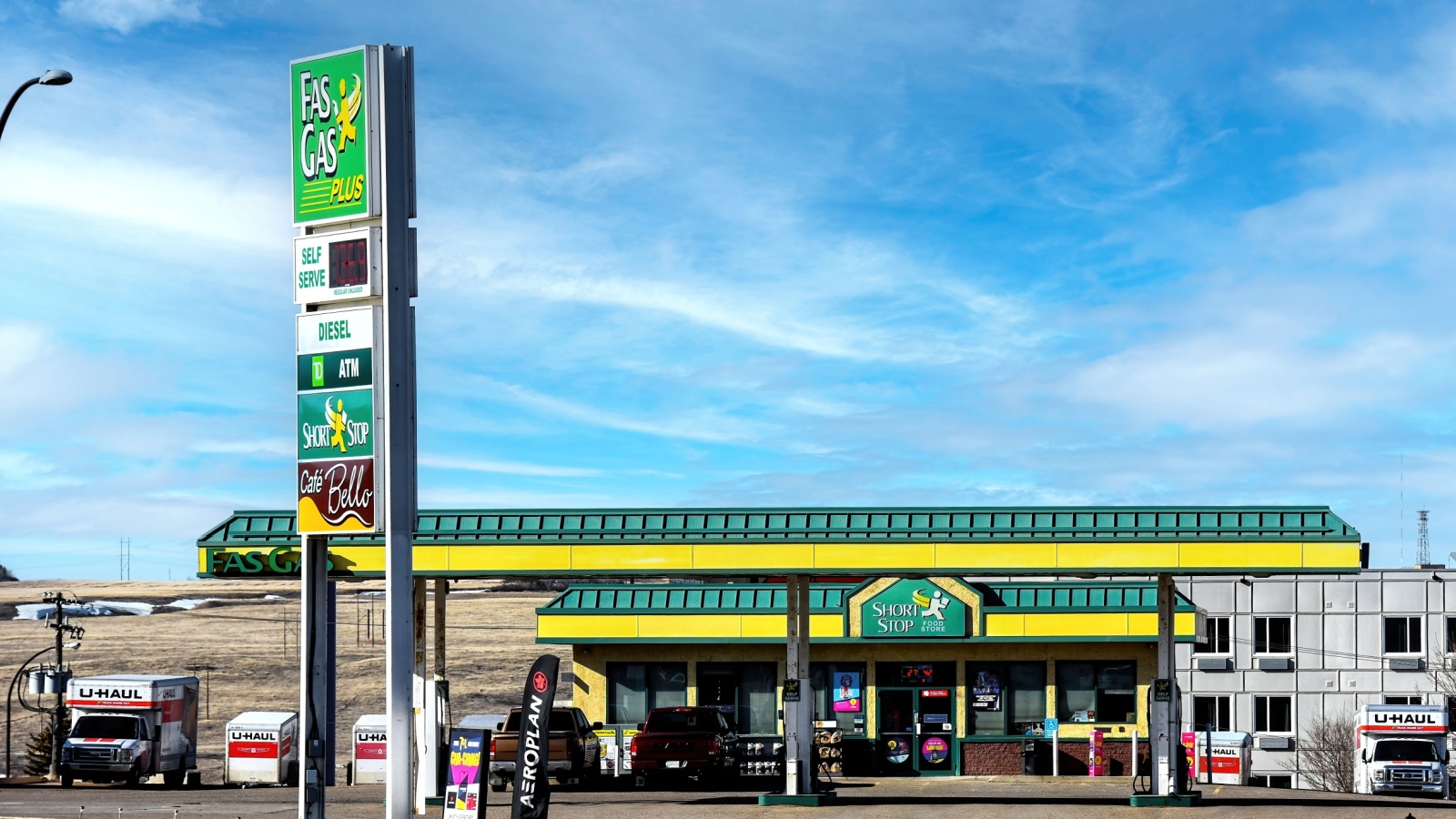
Fas Gas, common in smaller Western Canadian towns, often posts prices noticeably higher than nearby competitors in urban centers. For many rural drivers, it’s the only available station, leaving little choice but to pay. While the company cites distribution costs, customers experience it as a hidden fee tied to geography. On top of fuel, convenience store goods are often marked up far higher than city prices, adding to the frustration. Regular drivers in these areas quietly pay more every month just to keep their vehicles running, making it a costly tradeoff for convenience.
Co-op Gas – Membership Equity Fees
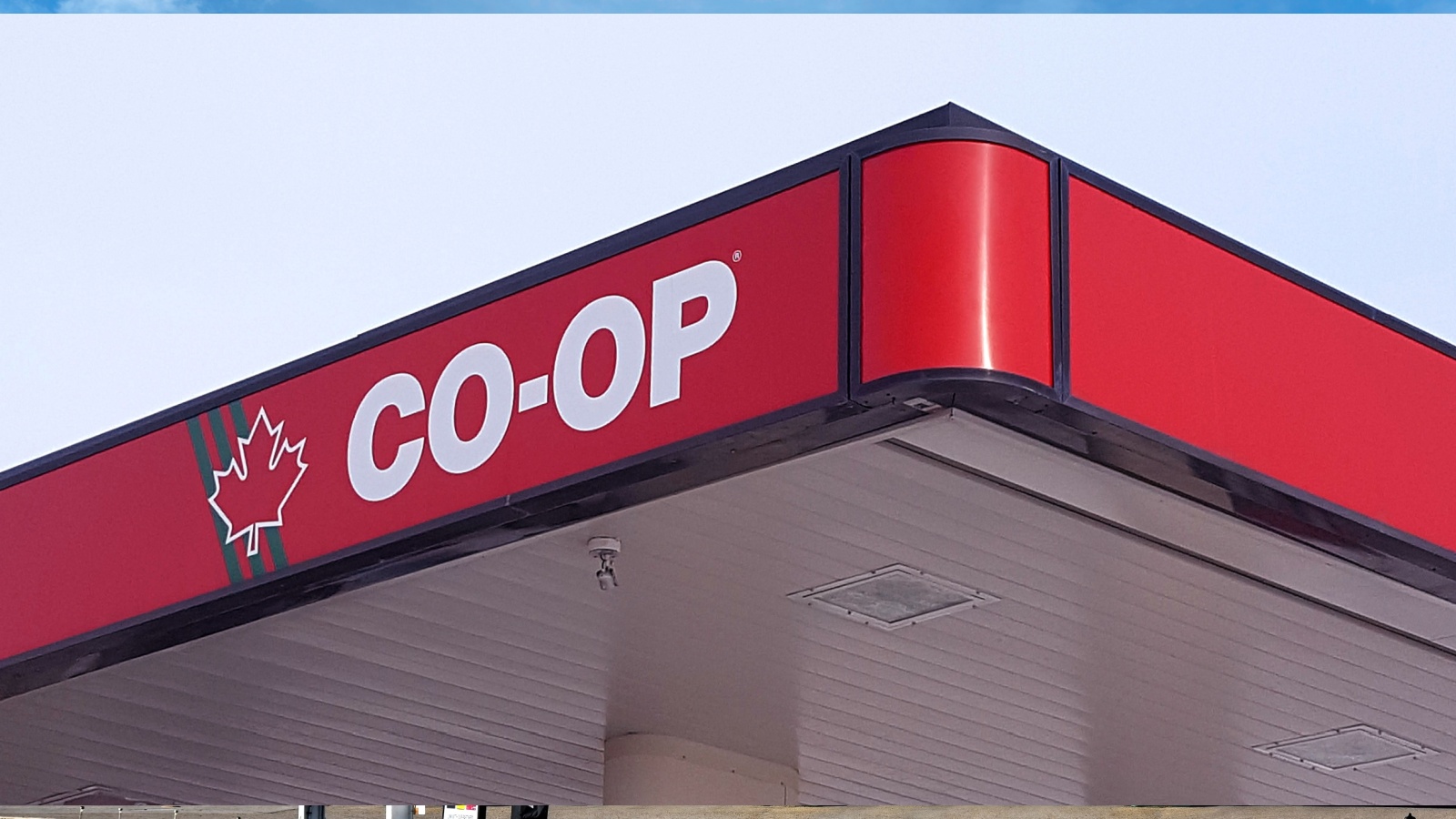
Co-op Gas stations are popular across the Prairies for offering members annual equity returns, but the system isn’t always as straightforward as it looks. To participate, customers must buy a membership, which can cost upwards of $10 to $30, depending on the region. While this is a one-time fee, many drivers never fully redeem their equity dividends, especially if they move away. In practice, the upfront cost can act like a hidden fee that doesn’t guarantee consistent rewards. Without long-term commitment, Co-op customers may end up paying more than they save at the pump.
Parkland Fuel – Independent Franchise Markups
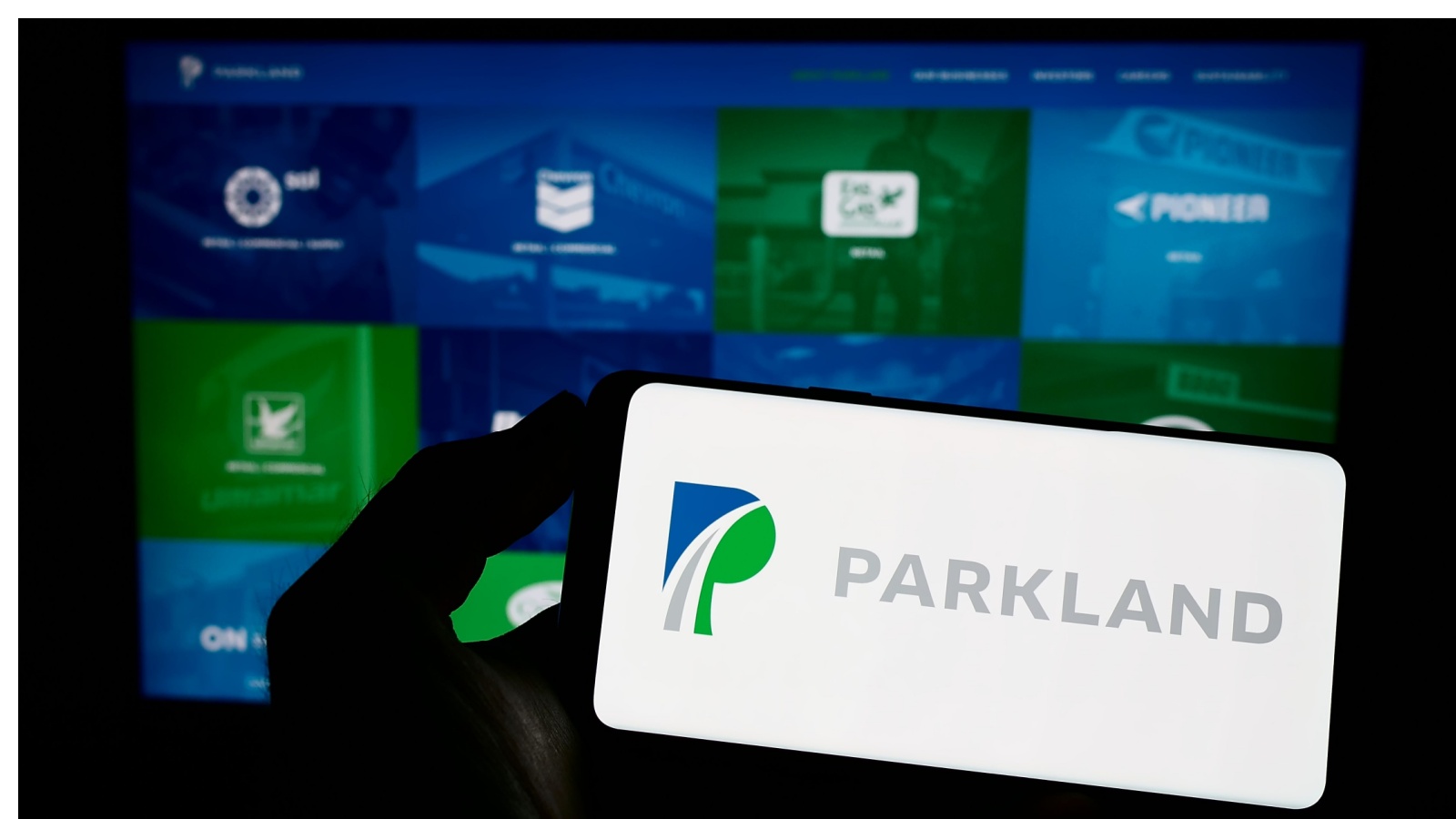
Parkland operates under multiple banners like Chevron, Ultramar, and Fas Gas, but because many are franchised, prices and fees can vary widely. Some franchise locations tack on higher credit card rates, car wash bundles, or inflated in-store pricing to boost revenue. Customers often assume that brand consistency means price consistency, but that isn’t the case. These small, location-specific markups feel like hidden fees, especially when stations just kilometers apart charge different amounts. Without careful price-checking, drivers loyal to the Parkland umbrella could end up paying more than expected simply due to inconsistent franchise practices.
Mobil – Credit Card Surcharges
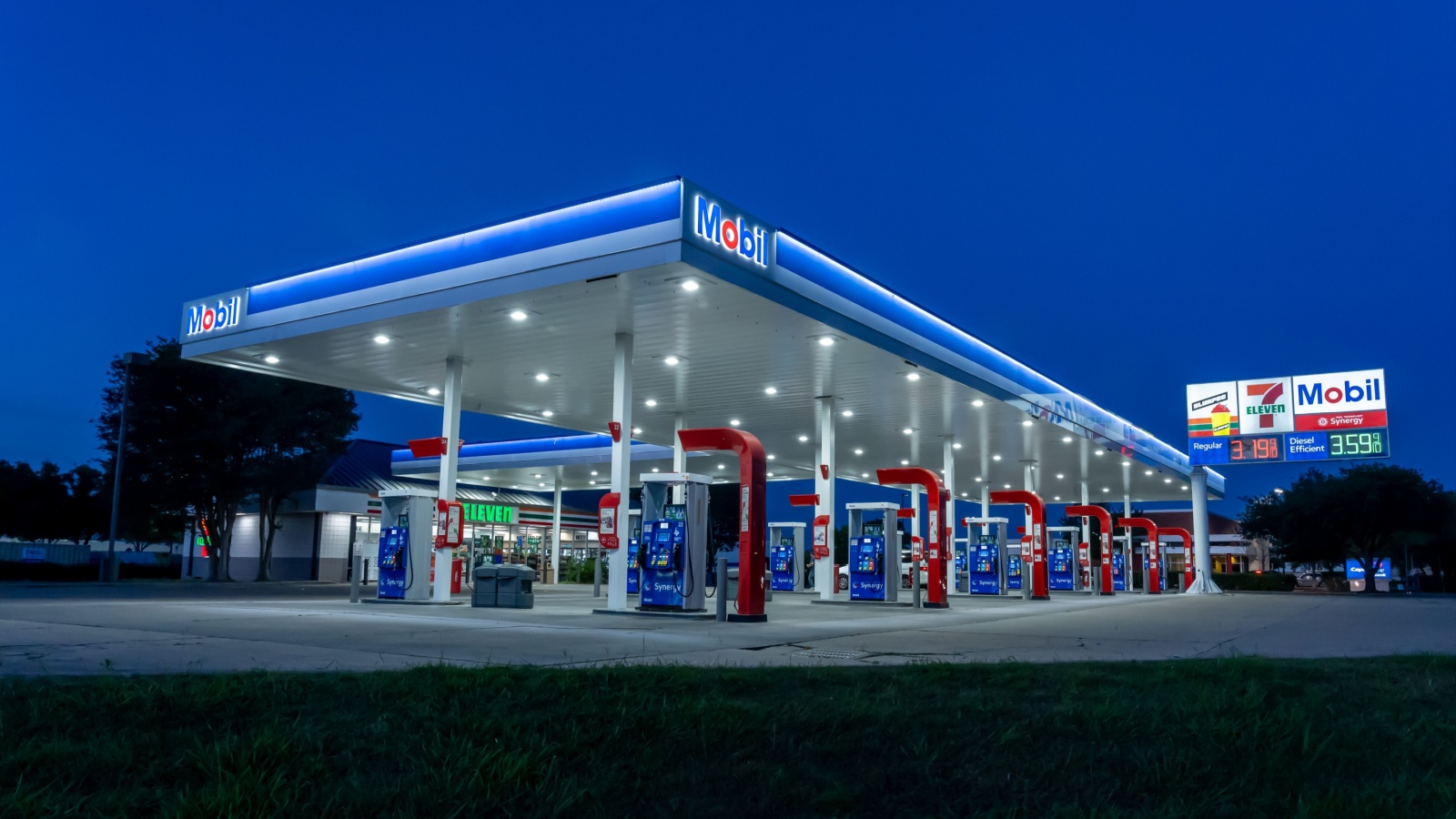
Though less common in Canada, some Mobil-branded stations have introduced credit card surcharges that quietly increase total fuel costs. For drivers who prefer credit cards for rewards or convenience, this can mean paying an extra 2–3% per transaction. Because signs aren’t always clear, many only notice when reviewing their statement later. While legal, it feels deceptive to customers who expect the pump price to be final. Over time, these small percentage charges add up to significant hidden fees, making Mobil a pricier stop compared to competitors who absorb credit card processing costs.
MacEwen – Propane Refill Pricing
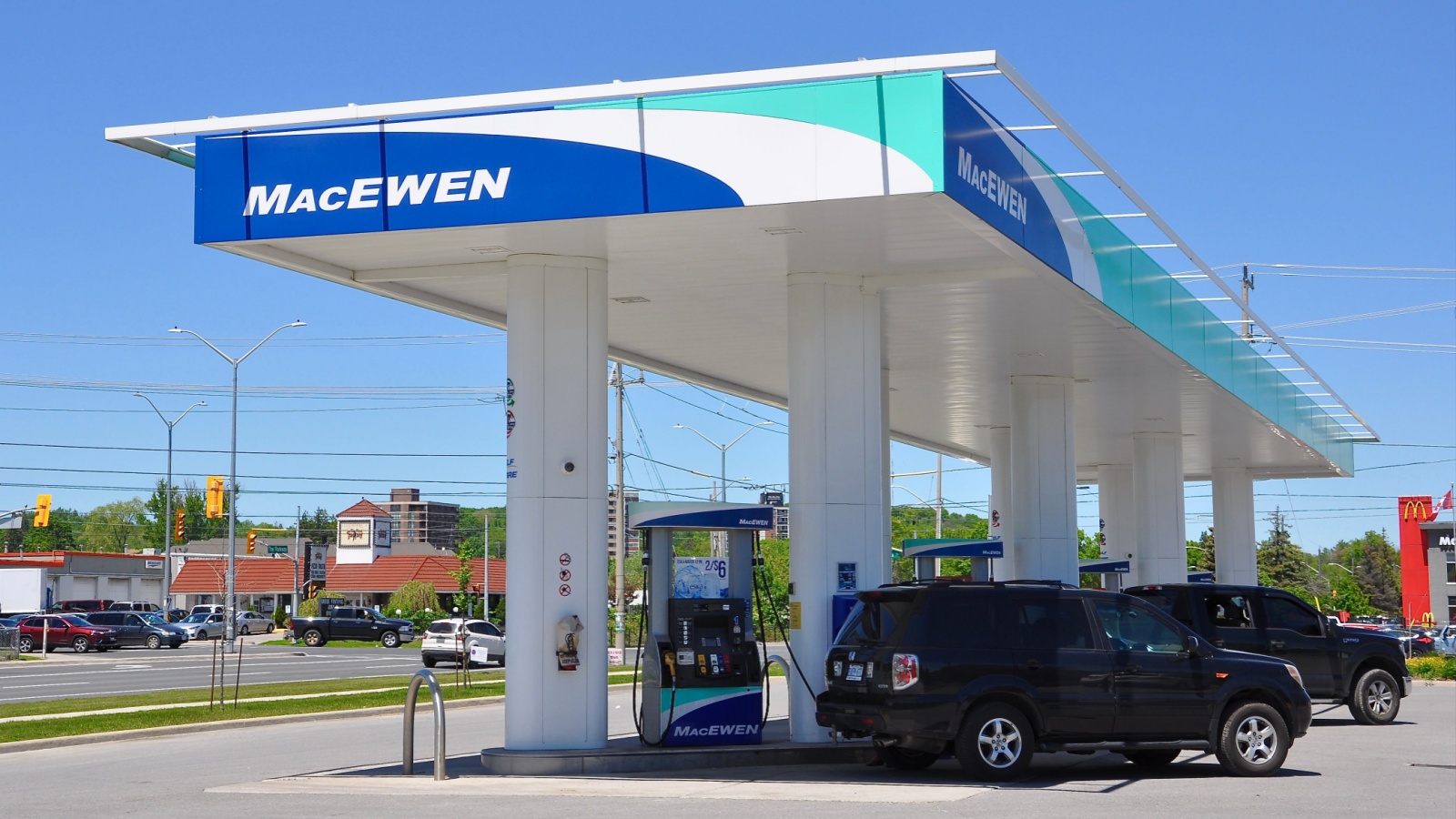
MacEwen stations across Ontario and Quebec are popular for propane tank refills, but many customers report higher-than-expected charges compared to hardware stores or independent dealers. Since prices aren’t always posted upfront, drivers only learn of the markup when paying. This lack of transparency turns propane into a hidden fee on top of regular gas purchases. With many cottage owners and campers relying on MacEwen for convenience, the inflated propane rates quietly pad the bill. While it may save time, it rarely saves money, making it one of the brand’s more frustrating hidden costs.
RaceTrac Canada – In-Store Price Bundling
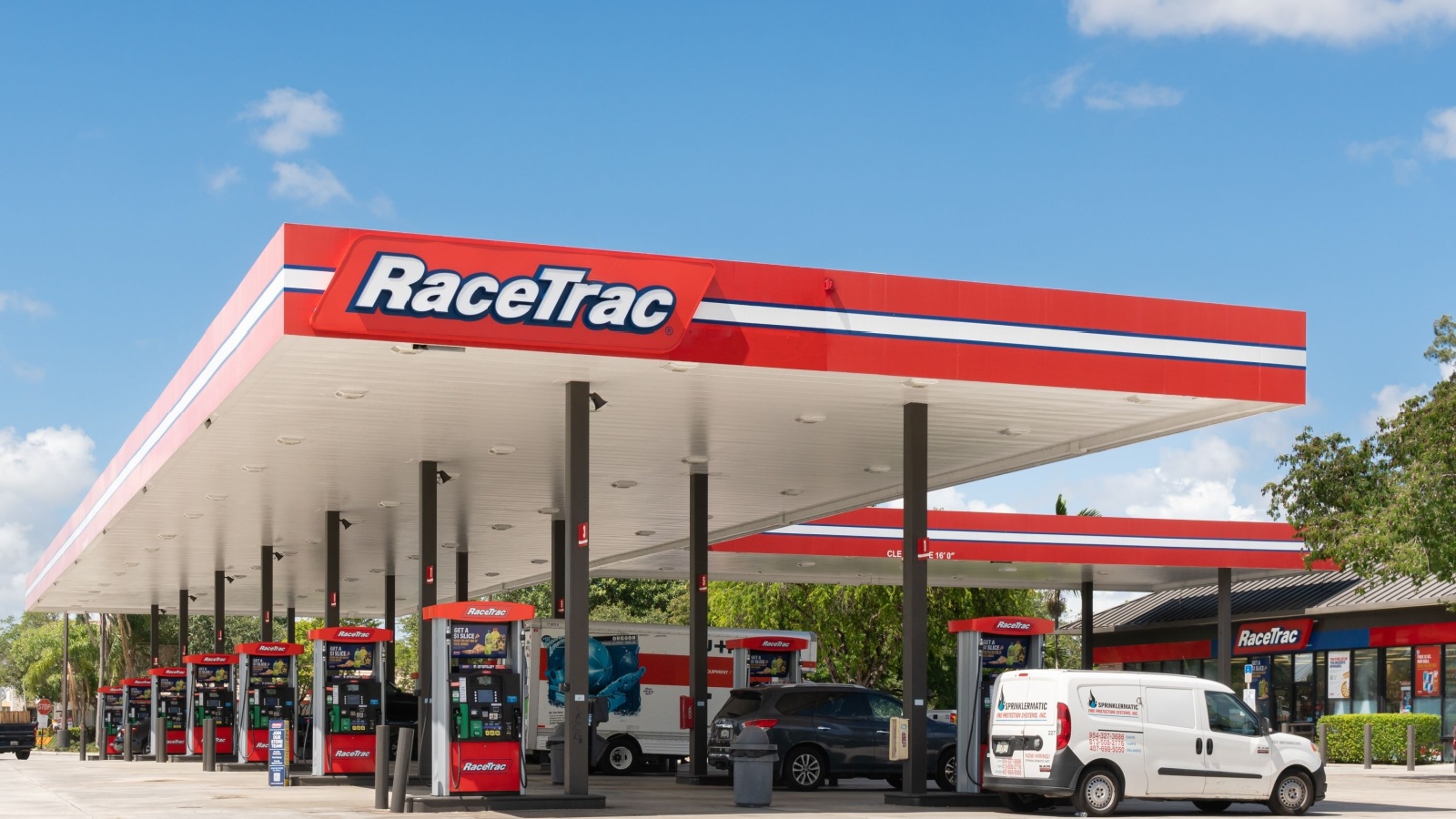
RaceTrac locations often advertise small fuel discounts if you purchase certain convenience store items. But the marked-up snack and drink prices usually offset any fuel savings, leaving customers worse off financially. Drivers chasing discounts quickly discover they’ve spent extra on overpriced goods. These deals are framed as perks, but they operate like hidden fees when compared to buying the same products at grocery stores. For budget-conscious Canadians, RaceTrac’s bundling tactics may look like a bargain at first glance, but ultimately end up as sneaky costs buried in the fine print of so-called savings.
Esso On the Run – ATM Fees
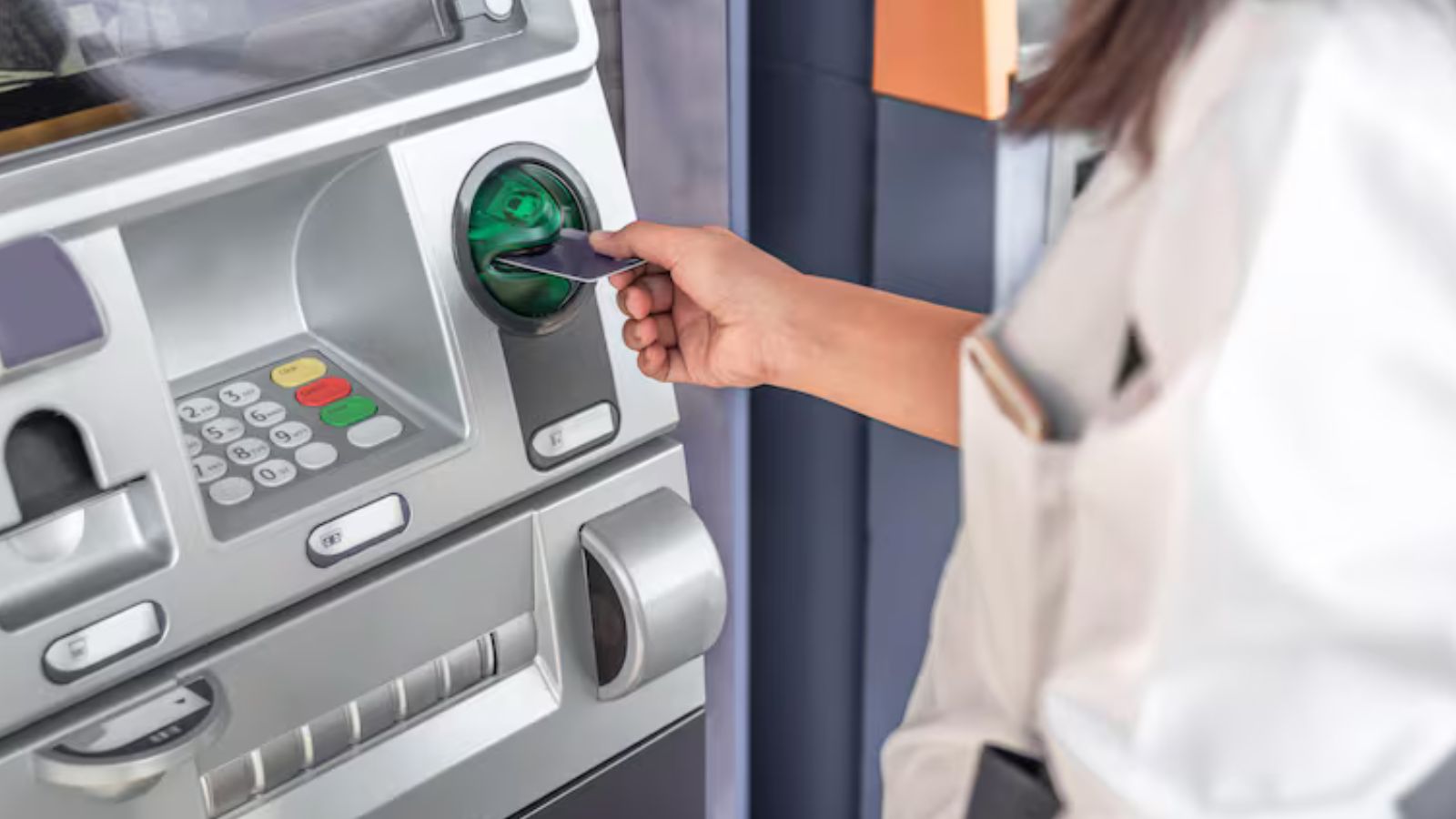
Esso stations with On the Run convenience stores often house ATMs that charge steep withdrawal fees. While not directly tied to fuel, these extra charges hit customers who need quick cash during their stop. With fees of $3–$4 per withdrawal, grabbing money at the pump becomes surprisingly expensive. For frequent travelers or long-haul drivers, this adds up fast. Since many assume the station’s ATM operates like a bank machine, the higher costs feel like hidden fees. It’s another way gas stations extract value beyond the posted fuel price, often without customers realizing until later.
Pioneer Bonus Bucks – Redemption Limitations
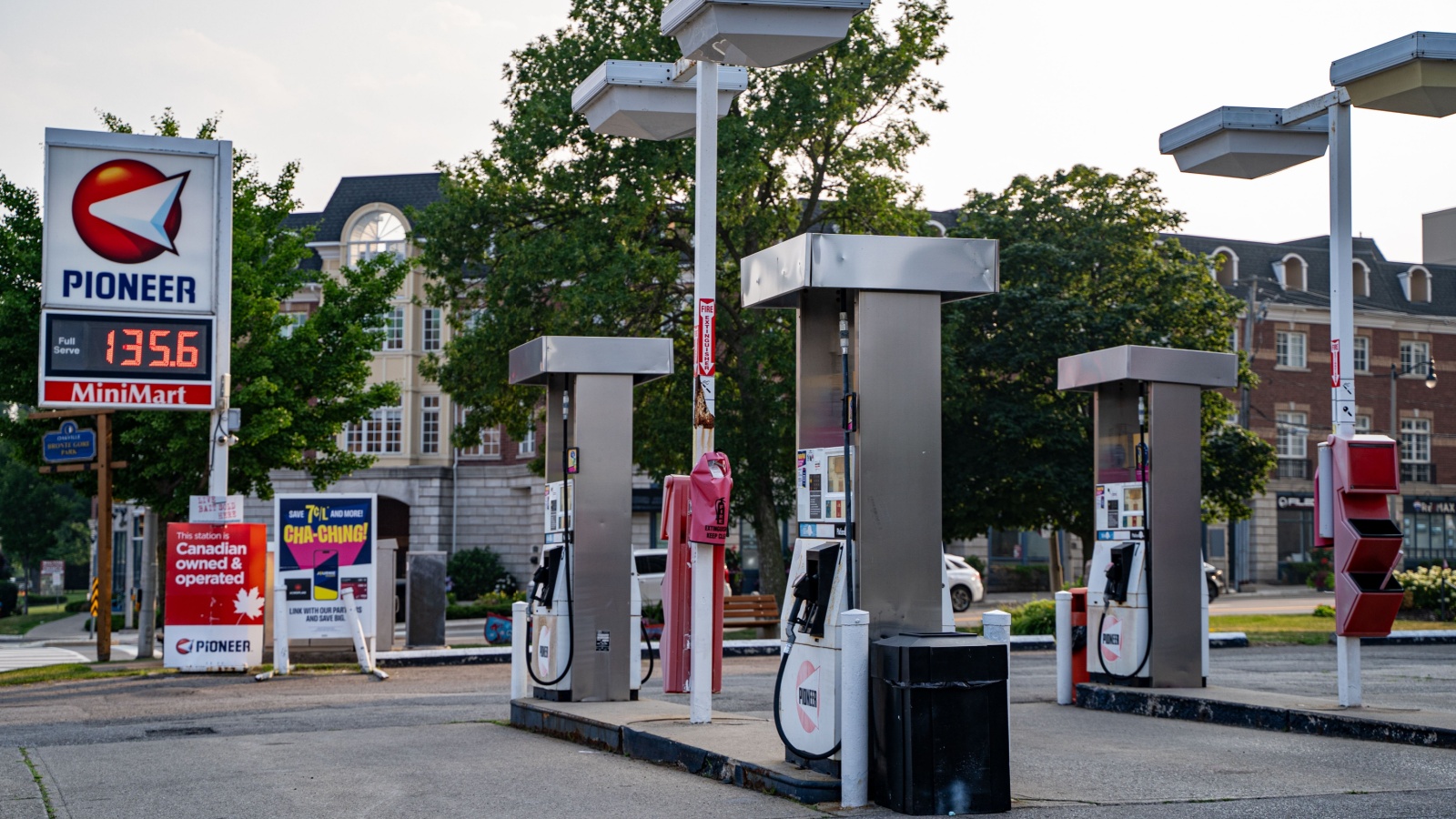
Pioneer once promoted its “Bonus Bucks” program as a great way to earn on fuel purchases, but hidden restrictions often reduced the value. Customers had to redeem rewards in specific increments, sometimes only on future purchases, making it difficult to maximize savings. If you didn’t fill up often or misplaced your vouchers, the rewards expired, essentially erasing your earned value. For many drivers, this felt like a hidden fee baked into the loyalty program. Instead of straightforward discounts, the complicated structure left customers spending more just to unlock modest savings at the pump.
Irving Big Stop – Food Service Premiums
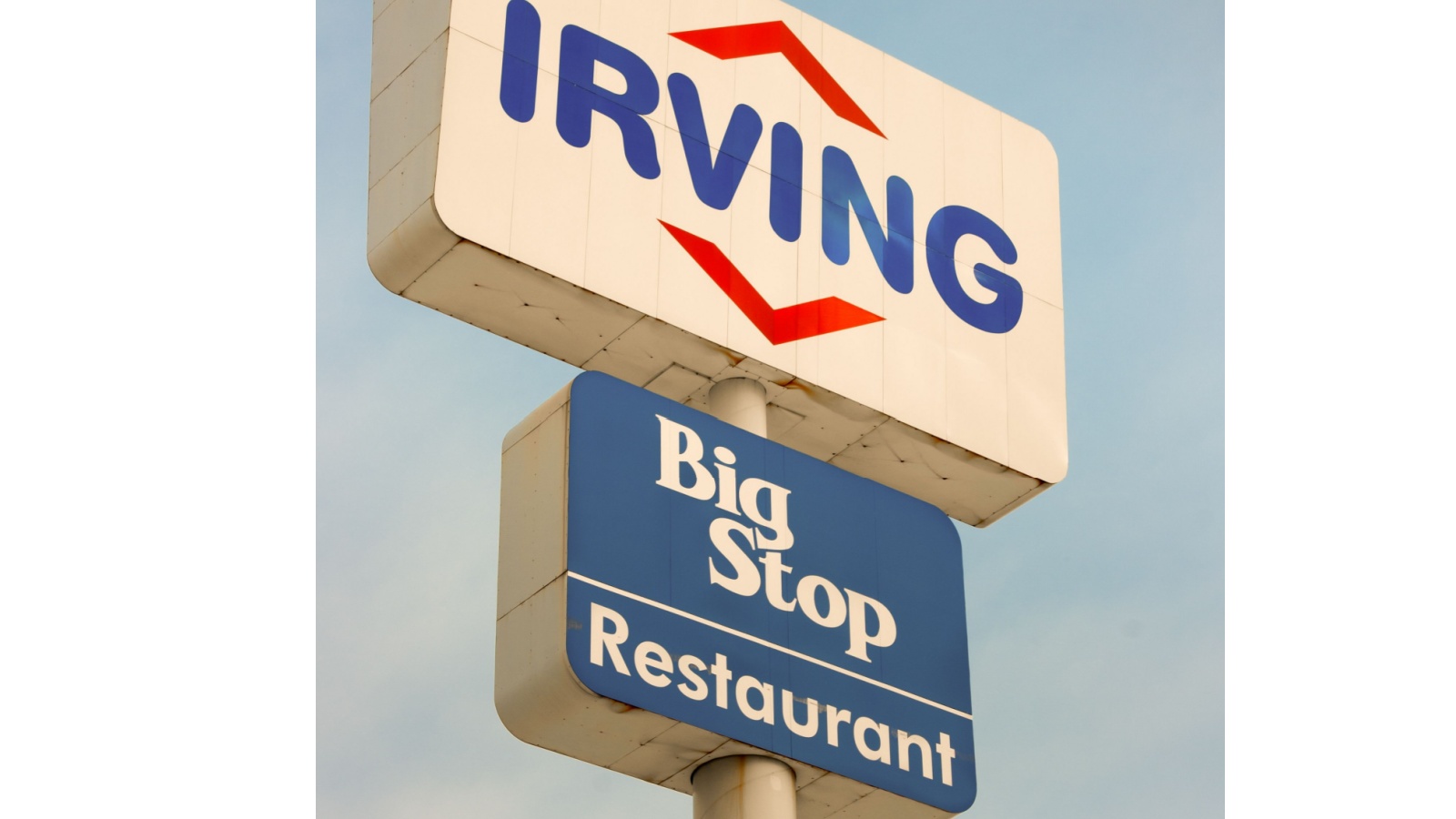
Irving’s Big Stop stations are popular along Atlantic Canada’s highways, offering sit-down restaurants in addition to fuel. While convenient, the food prices are often higher than roadside diners or fast-food chains, adding an unexpected cost to road trips. Drivers who stop for a quick meal often spend far more than they would elsewhere, turning a gas stop into a pricey outing. While not directly tied to fuel, the strategy boosts Irving’s overall revenue. For budget-conscious travelers, these inflated food costs operate like hidden fees disguised as convenience, slowly draining road trip budgets without warning.
Husky Pay-at-Pump Holds – Delayed Refunds
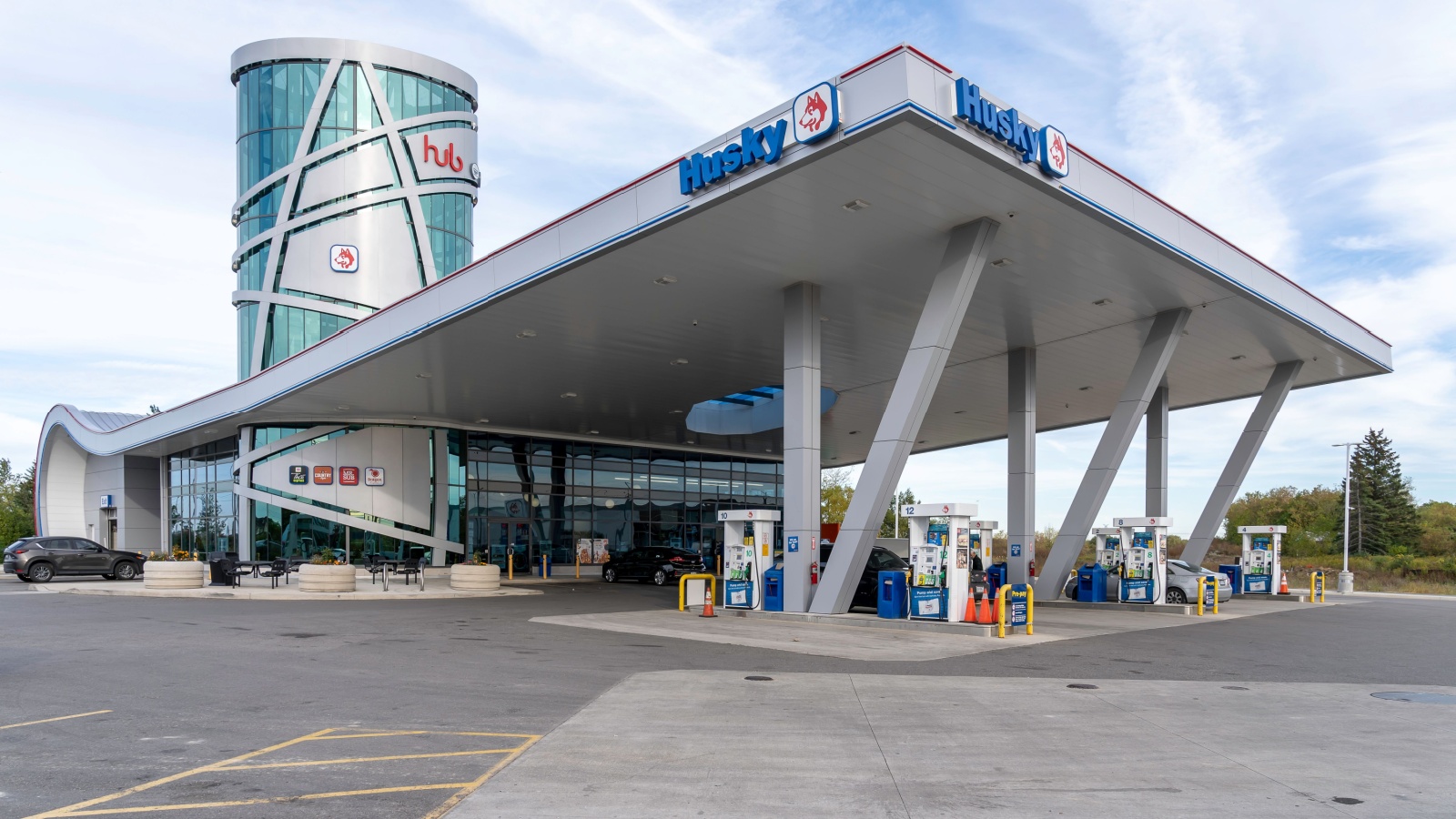
Similar to Esso, Husky applies large pre-authorization holds on debit and credit cards at pay-at-the-pump machines. While temporary, these holds can restrict access to hundreds of dollars for several days, especially if you fuel up multiple times in quick succession. Customers expecting instant refunds often feel misled, interpreting the delay as a hidden fee. For those with limited credit or cash flow, it creates a stressful situation. Although Husky blames the banking system, the lack of clarity leaves many drivers frustrated by what feels like unnecessary, costly restrictions on their own funds.
Canadian Tire Gas+ – Gift Card Restrictions
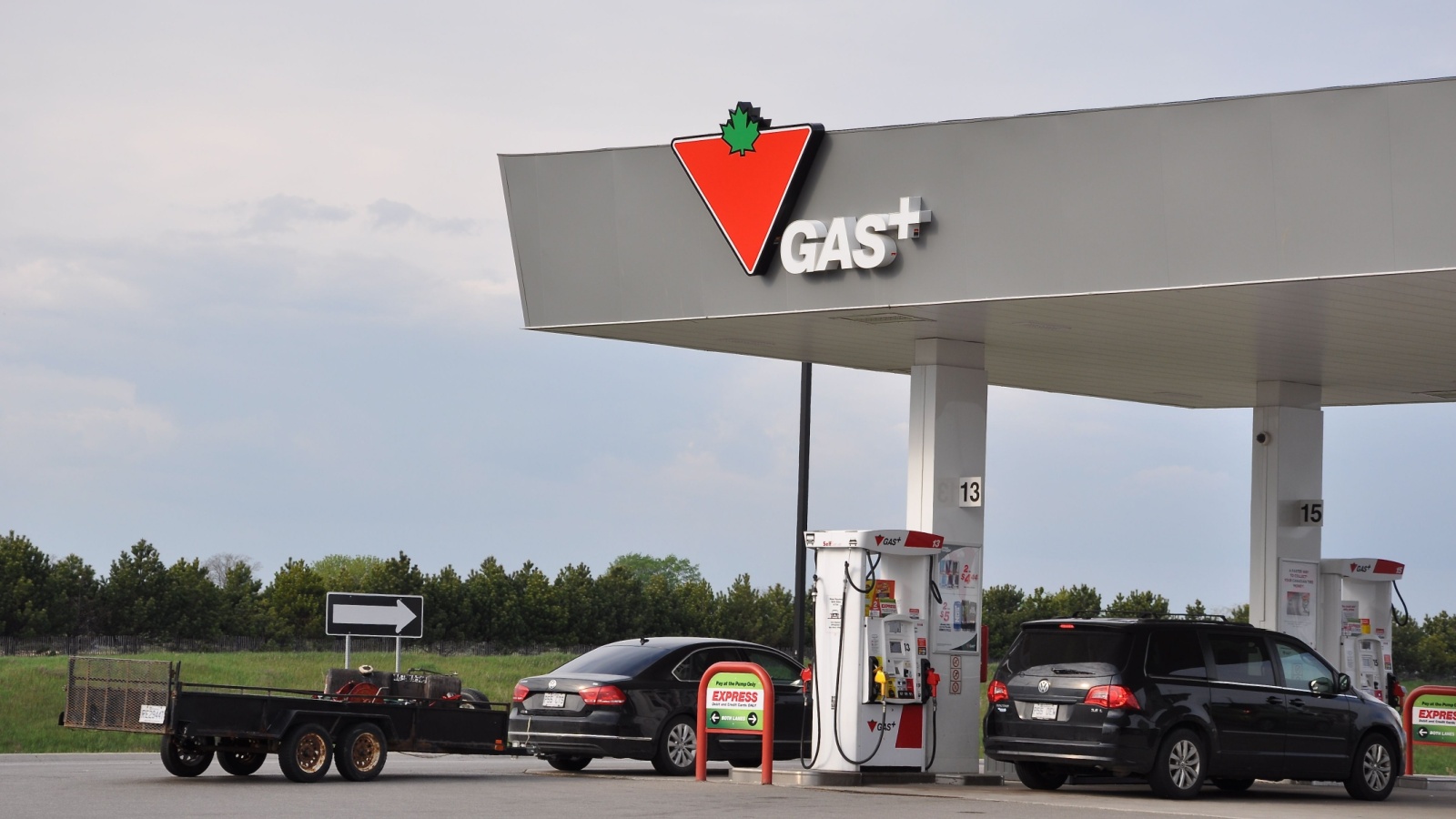
Many Canadians buy Canadian Tire gift cards expecting to use them freely on gas, only to discover restrictions at the pump. Some locations don’t allow partial payments with cards, forcing you to load exact amounts. Others won’t accept them for car wash purchases. These small limitations function as hidden fees, limiting the card’s flexibility and making it harder to redeem value fully. Shoppers expecting straightforward savings often end up frustrated, with unused balances stuck on cards. This lack of transparency means many customers unintentionally overspend at the pump, negating the perceived benefit of gift cards.
Petro-Canada Car Wash Tokens – Expiry Dates
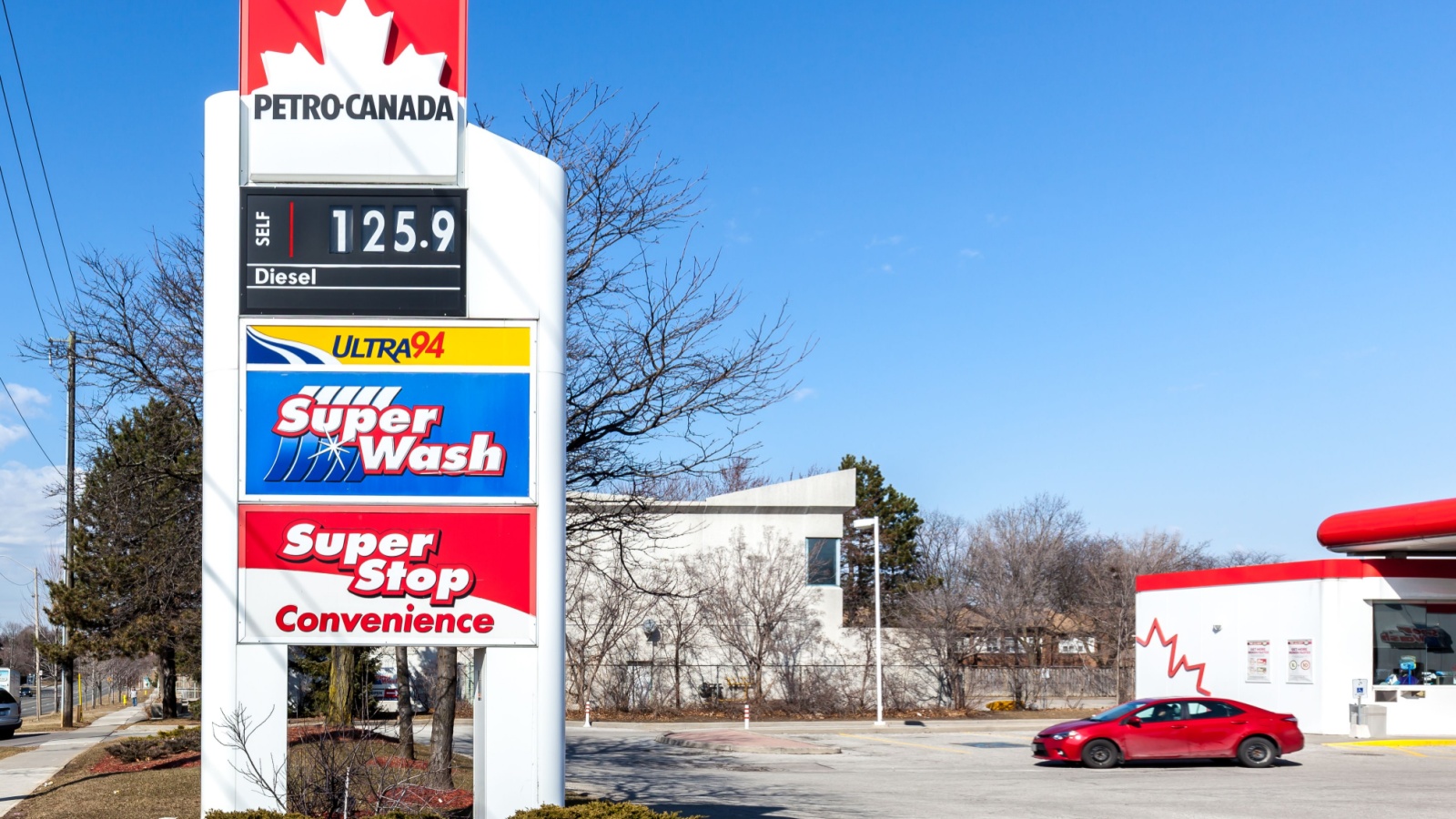
Petro-Canada’s car wash tokens are marketed as convenient add-ons, but many customers don’t realize they have expiry dates. If you forget or delay using them, the tokens can become worthless. Considering that they’re often sold in bulk for discounts, this catches many drivers off guard. It turns what should be a money-saving purchase into a hidden fee, especially for those who wash their cars less frequently. Without careful tracking, customers lose value and effectively overpay for fuel-plus-wash deals. The lack of clear upfront disclosure makes this feel less like a perk and more like a trap.
Ultramar – Air Pump Fees
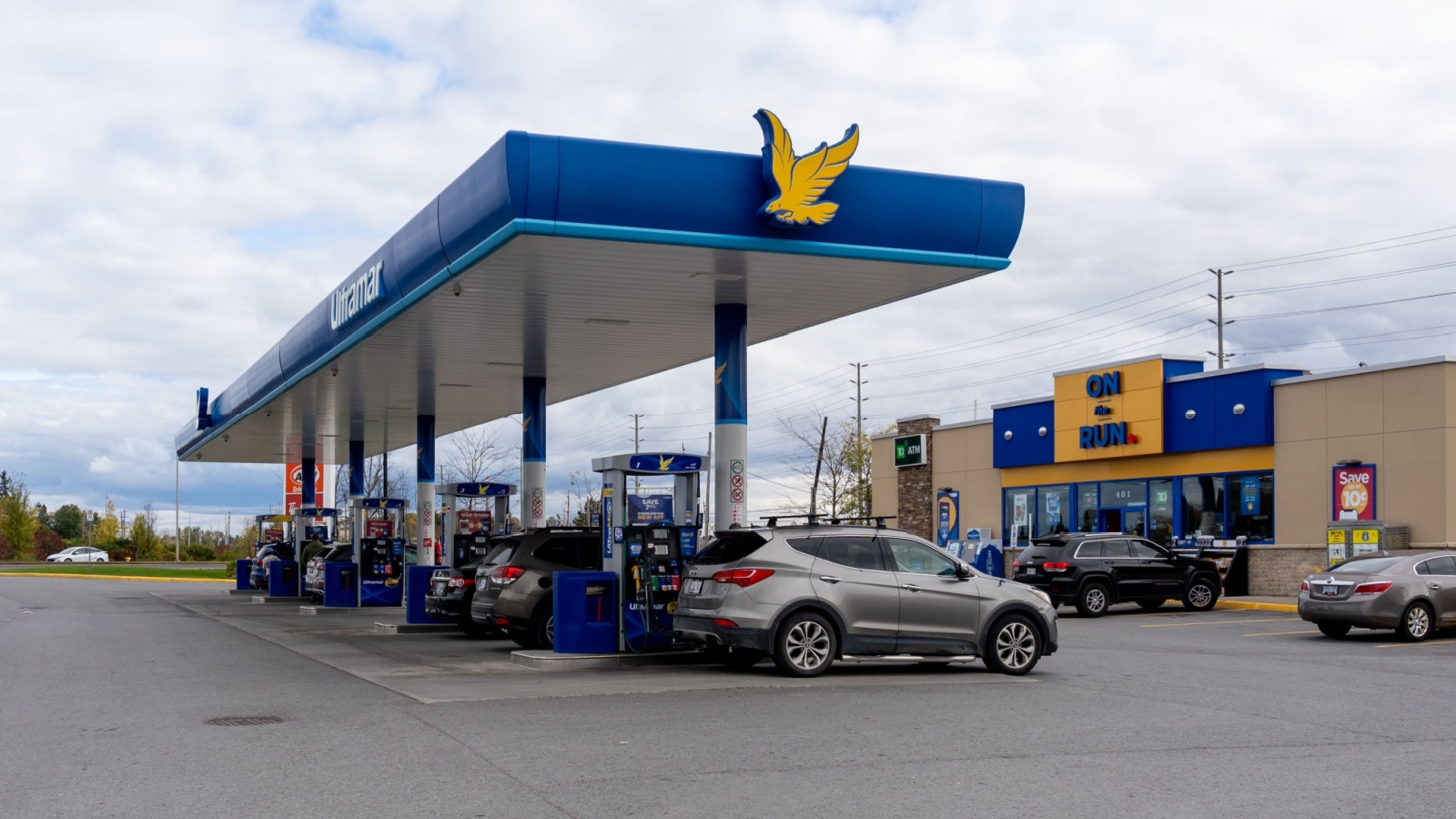
At some Ultramar stations, customers are charged for using air pumps to fill tires. While the fee is usually only a dollar or two, it feels like a hidden cost since many drivers expect this service to be free. Worse, machines sometimes fail to deliver enough pressure, forcing multiple attempts and wasted coins. For budget-conscious drivers, paying to maintain safe tire pressure feels unfair and sneaky, and over time, these little add-ons resemble hidden fees layered onto the gas station visit. What should be a basic service turns into another quiet expense for Canadian motorists.
Shell – Receipt Printing Fees Abroad (Rare in Canada)
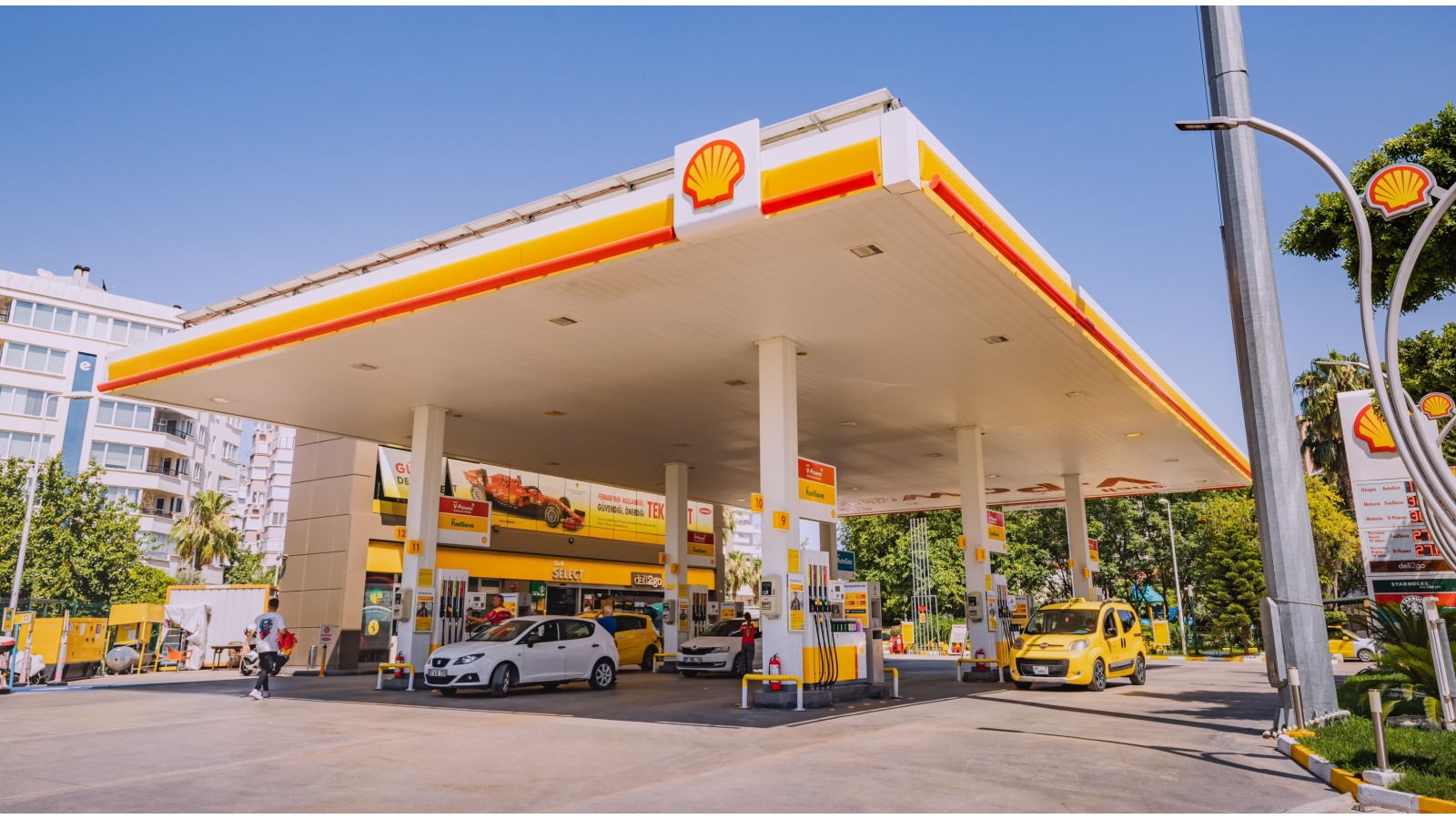
While uncommon domestically, some Shell stations in border towns mirror practices seen abroad, where printing a receipt can incur small fees or require minimum purchases. Although subtle, this can frustrate Canadian drivers accustomed to free proof of purchase. The lack of consistency across Shell’s global brand makes it difficult for travelers to anticipate. Even when rare in Canada, customers feel misled when simple services carry unexpected costs. These charges, while minor individually, contribute to the perception of hidden fees and undermine trust in the brand’s transparency. For frequent travelers, it becomes yet another quiet expense.
21 Products Canadians Should Stockpile Before Tariffs Hit

If trade tensions escalate between Canada and the U.S., everyday essentials can suddenly disappear or skyrocket in price. Products like pantry basics and tech must-haves that depend on are deeply tied to cross-border supply chains and are likely to face various kinds of disruptions
21 Products Canadians Should Stockpile Before Tariffs Hit
